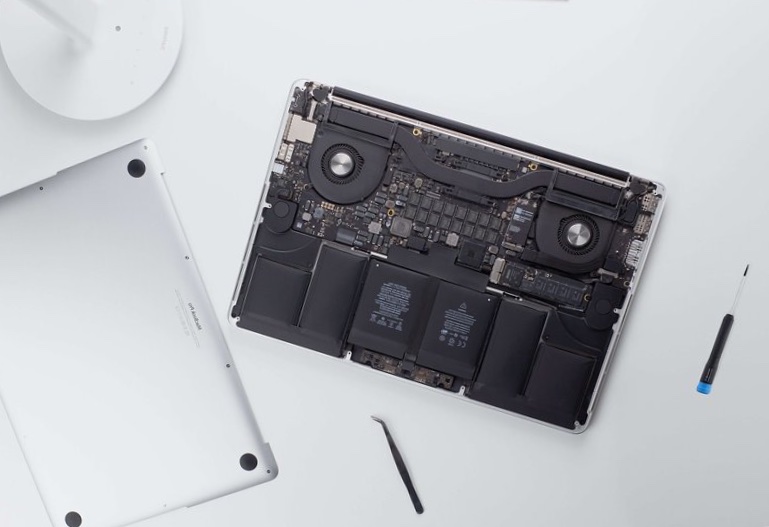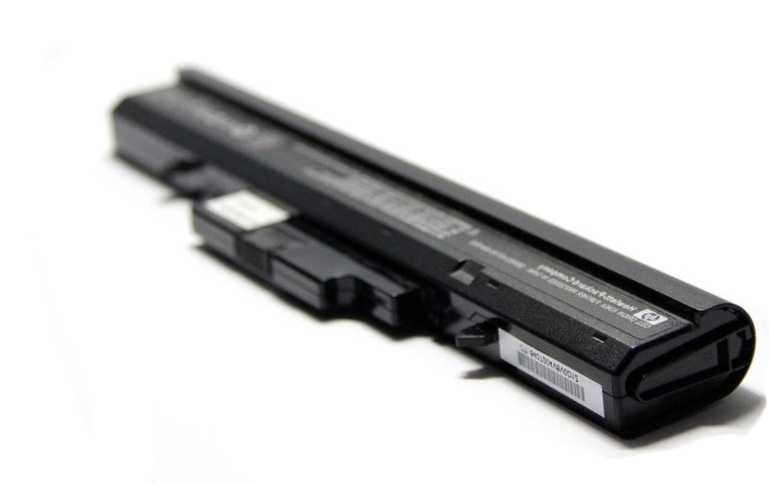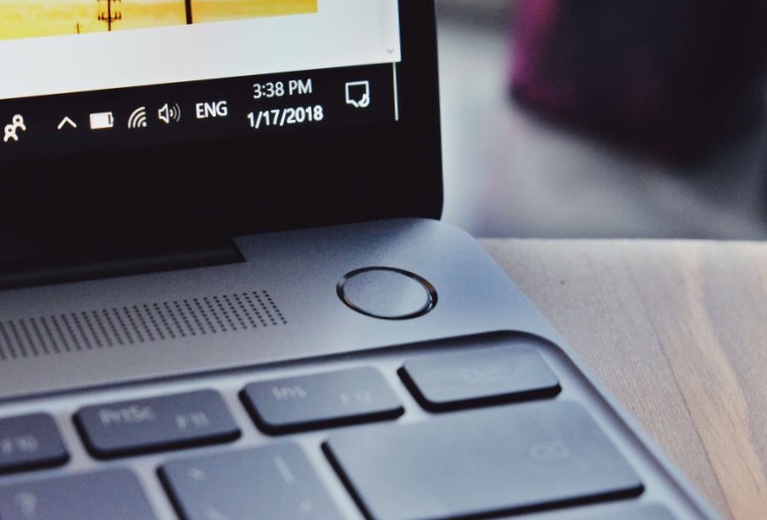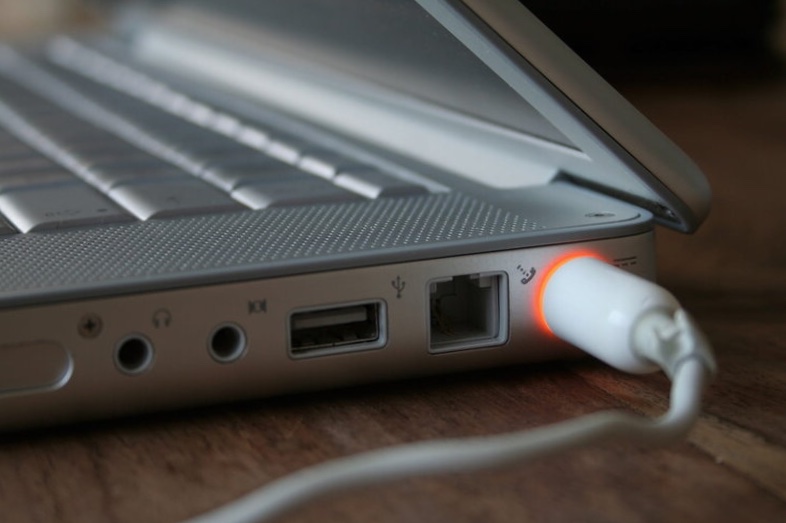The battery can be considered as one of the core parts of the laptop. If your laptop’s battery fails or dies, the only choice you have is plugging the device in, and that’s not always feasible or handy at all!
So, what is the average laptop battery life? Computer batteries operating longevity is impacted by a number of aspects, such as the construction quality, maintenance, its manufacturer, or how often it is exposed to intense temperatures, etc.
In this blog, we will dig deep into the lifespan of this power source and other relevant information related to this topic! Scroll down to start!

Contents
- What Is The Average Laptop Battery Life?
- Is It Bad to Always Have Your Laptop Plugged In?
- What Impacts The Life Of Your Lithium Battery?
- What Are The Signs That Your Laptop’s Battery Is Performing Badly?
- How To Make Your Laptop Battery Last Longer? – 6 Handy Tips
- How Often Should Your Laptop Battery Be Replaced?
- Frequently Asked Questions
- Conclusion
What Is The Average Laptop Battery Life?
A portable computer power source’s normal longevity is estimated to be around 1,000 charge cycles (around 2-4 years). This number varies based on the computer’s model, charger, and how it is used. It’s also worth noting that functionality can start to deteriorate.
In fact, it’s impossible to tell how long a single charge session on a laptop could last because it relies on various factors. The lifespan of a isn’t set in stone.
If your computer’s supplier stated any guarantees concerning the total longevity of the power station, they weren’t guaranteed. When estimating how long it will last, consider your laptop, charger, average use, and computing habits. “After 18 to 24 months, a considerable reduction in run time will be noted,” Dell adds. The Computer Hope website is a little more upbeat, promising a two- to a four-year time frame and 1,000 full charges.
Is It Bad to Always Have Your Laptop Plugged In?
Leaving a Windows notebook computer plugged in was once thought to be detrimental to the endurance of the power station. On the other hand, Mac computers have traditionally been supposed to be able to stay plugged in without trouble.
With modern devices, you may safely leave them plugged in at all times, regardless of the model. However, It’s unadvised since the more charge cycles the cell does, the faster it will wear out.
There’s no need to be concerned about a battery being ‘overcharged,’ as the computer and the source are both capable of recognizing when to stop charging. All that occurs is that the laptop operates straight off your power line rather than using that source.

What Impacts The Life Of Your Lithium Battery?
The life of it is affected by a variety of circumstances and factors, permanently or temporarily. Here are some of the most important variables to consider.
How You Use The Device
The major thing that will influence the power station is using it while it’s on a recharge, both temporarily and even forever, if you do it on a routine basis! Your batteries can only handle certain times of charging before it begins to degrade.
Heat
When the device heats up or is exposed to hot environments, the power station drains rapidly, putting all of the laptop’s parts under undue stress. If possible, avoid utilizing your device in hot weather.
The Extended Amount Of Time You Have Stopped Using Your Device
If you keep your device unattended for an extended period of time, such as weeks, the electricity source performance may suffer. Before putting it into storage, we recommend you either entirely drain it or leave it at 50% charge instead of fully charged.

What Are The Signs That Your Laptop’s Battery Is Performing Badly?
If your batteries start to fail, there are several signs that something is wrong! Here’s a quick rundown of what to keep an eye out for:
Your Battery Runs Out Sooner
Have you realized that you need to power your portable computer more frequently? This is most likely due to the fact that the batteries are beginning to degrade. It may not be a problem right now, but it’s something to keep an eye on.
Your Operating System Informs You Of This
When a power station needs to be replaced, both macOS and Windows systems will notify you. While connecting your device to charge, you’ll get a warning notice if its power supplier resource needs to be replaced.
How To Make Your Laptop Battery Last Longer? – 6 Handy Tips
Making a few modest changes with your computer will stop you from reaching for the power cord frequently, which will help your batteries last longer. Apply these suggestions to extend their life:
1. Switch On The Battery Saver Mode
Windows displays your pin level in the taskbar when you’re using the device with an electricity station. PCMag advises checking the power level indicator and making sure any power-saving settings are turned on. Although you may experience a performance drop, you won’t even notice much of a change if you aren’t playing games, editing photographs or videos, or performing chores that need a lot of electricity source capacity.

2. Make Sure To Plug-In Before The Laptop Dies
According to PC World, many of us like to delay until our computers are nearly dead before plugging them in, which is harmful to the electricity supplier. This decreases its life, as low-charge usage imposes a burden on the cell – reducing its charging capability.
3. Keep Your Laptop Away From Extremes Of Heat And Cold
DigitalTrends suggests using your computer in conditions where the air temperature is neither heat nor chilly. Temperature extremes make your device work harder, meaning the batteries will deplete faster. Overexposure to these conditions can harm them and reduce their usable life.
4. Make Sure You Have Enough RAM
Dell provides an unusual idea for extending the life of your electricity supplier pack: Check to see if it has adequate RAM to do your duties. It will save data in RAM instead of on the hard disk if a system can do so. This is a speedier approach to access data while also reducing the amount of time your hard drive is in use (which drains your power station).
5. Disconnect From Wi-Fi And Bluetooth
You don’t require internet access? PC Advisor recommends turning off those features. Your computer may continue to look for other connections even if you use Wi-Fi or Bluetooth. Maintaining that connection by using some portable computer electricity source. So, if you don’t require access right now, turn it off till you need it!
6. Lower The Screen’s Brightness
You won’t require your display to be extremely bright almost all of the time. We’ve previously cautioned against doing so. Lowering the brightness level saves the device power, according to HowToGeek, because the screen is a substantial drain on most computers.
The site also suggests changing your settings so that your screen switches off after a shorter period of inactivity. A few of these modifications may be made automatically via energy saver mode.
How Often Should Your Laptop Battery Be Replaced?
A charge typically lasts 1,000 charge cycles or roughly 2 – 4 years of normal use. That’s when you’ll need to get your power source replaced! There’s no need to change it if you’re fine with using it plugged in more frequently than usual.
Remember that many computer batteries may only be changed by a specialist, although the replacement might be rather costly.

Frequently Asked Questions
What Is The Best Way To Check The Health Of My Laptop’s Electricity Source?
To get a Windows 10 power report, open an elevated command prompt and type powercfg /batteryreport /output “C:battery-report.html”. You’ll see a notification indicating where it was stored.
On macOS, go to Apple menu > System Preferences, select Battery to see how it is doing. Click Battery Health in the lower right corner, and you will see either condition: Normal or Service recommended.
My Computer Not Charging – What Is The Cause?
When batteries don’t charge, it could be due to a faulty charging cable, defective inner batteries, or a corrupted driver. Check to see if the power source you’re utilizing is turned on!
Is The Production Of Heat By A Notebook Battery Normal?
It’s typical for laptop batteries to generate heat when they’re being charged, as well as when they’re being used. Heat is a normal result of energy transmission within their cells.
Conclusion
An average laptop battery life will never last indefinitely (neither with the current technology development anyway). You will reduce its longevity every time you recharge it. The power source will eventually lose its charge and need to be replaced.
In this post, we’ve provided you with a few easy suggestions for doing so. The more you use your computer, the more energy it uses, shortening its life.
Hopefully, you’ve found all the information you are looking for in this blog! Thank you for reading, and see you in the next post!

Paul Sullivan is the leading writer for articles on our website. He has over 10 years of experience as a technology reviewer, especially on laptops and computers.
With his long experience, we believe that he will bring you accurate and valuable knowledge and assessment.


